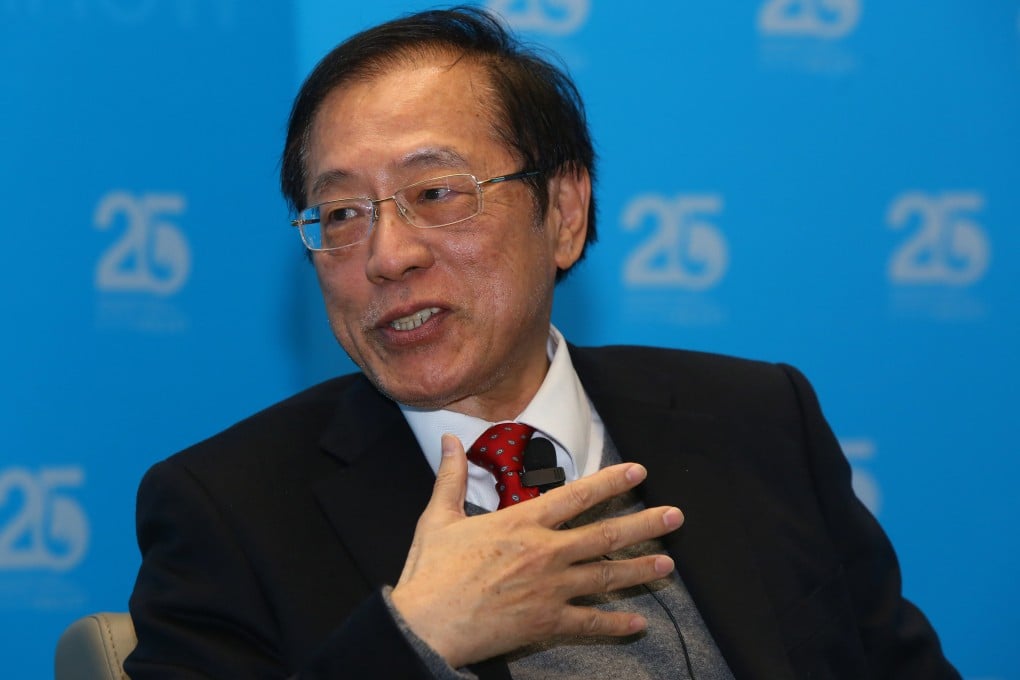China’s AI ambitions are being propelled by 75-year-old Harvard grad Andrew Chi-Chih Yao through impact on start-ups
- Andrew Chi-Chih Yao, one of AI’s most influential figures, has exerted a profound impact on the country’s technology pioneers while at Tsinghua University
- Yao’s acolytes have created start-ups worth more than US$12 billion at their peak, including AI firms Megvii and Pony.ai

One of the field’s most influential figures is Andrew Chi-Chih Yao, whose education and professional life have straddled the world’s two biggest economies. China-born and Harvard-trained, Yao is his country’s only recipient of the Turing Award, computer science’s equivalent of a Nobel Prize. After almost 40 years in the US, he returned to China in 2004. Now he teaches a prestigious yet little-known university class that has shaped some of the country’s biggest AI start-ups, informed government policy and moulded a generation of academics.
“We have a very good opportunity in the next 10 or 20 years, when artificial intelligence will change the world,” Yao said in May 2019. He urged China to “take a step ahead of others, to cultivate our talents and work on our research”. The scientist, who rarely speaks to foreign media, didn’t respond to Bloomberg’s requests for an interview.
The “Yao Class” – an undergraduate computer science course at Beijing’s Tsinghua University, alma mater to President Xi Jinping and many of China’s ruling elite – has exerted a profound impact on the country’s technology pioneers and growing scientific prowess. Its graduates form a powerful network across the country, advising on each others’ projects and pooling resources and capital where needed.
